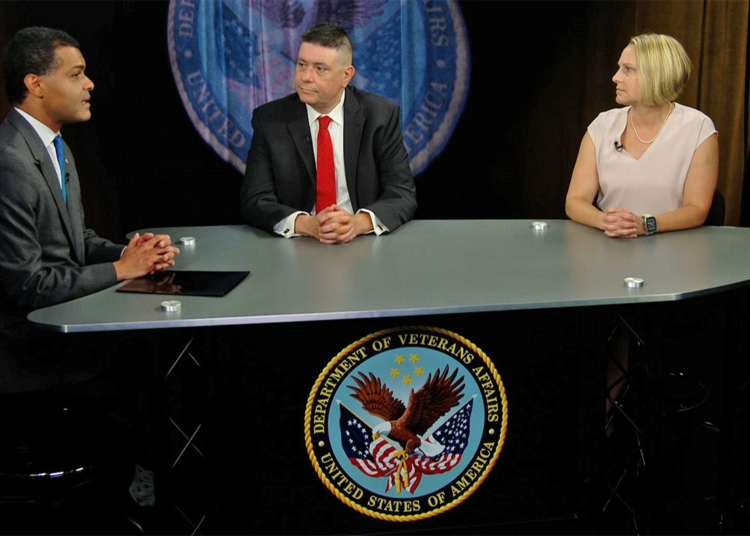This content explores the benefits and advantages of veterans taking control of their educational opportunities. It highlights the financial assistance available through programs like the Post-9/11 GI Bill, which helps alleviate the burden of financial strain. It also discusses how pursuing educational opportunities can aid in the transition to civilian careers by developing new skills that are in demand. Additionally, education fosters personal growth and development, enhances critical thinking and communication skills, and exposes veterans to diverse perspectives. The article also emphasizes the importance of the supportive community provided by colleges and universities, as well as the networking opportunities available. Lastly, it recognizes veterans as role models for future generations, as their pursuit of education inspires others to overcome challenges and achieve success. Overall, this content emphasizes the positive impact of educational opportunities for veterans in shaping their post-military careers and contributing to society.
Taking Control of Educational Opportunities: Exploring Benefits for Veterans
Introduction
Returning veterans face unique challenges when transitioning back to civilian life. One vital aspect of this transition is pursuing educational opportunities that can pave the way to a successful career. In recent years, more and more veterans have been taking advantage of educational benefits specifically tailored to their needs. This article will explore the benefits and advantages of veterans seizing control of their educational opportunities.
1. Financial Assistance
The most obvious benefit of pursuing educational opportunities as a veteran is the financial assistance available through various programs. The Post-9/11 GI Bill is one such program that provides funding for tuition, housing, and supplies. This assistance allows veterans to focus on their education without the burden of financial strain, making it more accessible and attainable.
2. Career Transition
Many veterans face the challenge of transitioning their skills and experiences acquired in the military to the civilian workforce. With the right educational opportunities, veterans can bridge this gap and develop new skills that are in demand in the civilian job market. By enrolling in programs that align with their career interests, veterans can smoothly transition into new industries and build successful post-military careers.
3. Personal Growth and Development
Education does not only provide professional growth but also fosters personal development. By pursuing educational opportunities, veterans can enhance their critical thinking, problem-solving, and communication skills. Higher education also exposes them to diverse perspectives and ideas, broadening their understanding of the world and their place in it. These personal growth aspects of education contribute to overall self-confidence and success in various spheres of life.
4. Networking and Community
Colleges and universities provide a supportive community for veterans. They offer resources, programs, and support groups specifically designed for veterans. This sense of belonging and camaraderie is crucial for veterans who may feel isolated or misunderstood in a civilian setting. Additionally, educational institutions offer networking opportunities with fellow students, professors, and professionals in various fields, opening doors for potential mentorship and future job opportunities.
5. Role Model for Future Generations
By taking control of their educational opportunities, veterans demonstrate resilience, ambition, and a commitment to lifelong learning. Their pursuit of education sets a powerful example for future generations, including their own children and fellow service members. When veterans show that they refuse to let challenges deter them from pursuing education, they inspire others to do the same and break down barriers to success.
Conclusion
Education is a crucial step in the successful transition of veterans to civilian life. By taking control of their educational opportunities, veterans not only benefit personally but also contribute to the workforce and society at large. The financial assistance, career transition opportunities, personal growth, community support, and role modeling potential make educational pursuits a valuable investment for veterans seeking to shape their post-military careers. It is commendable to see more veterans seizing these opportunities and setting themselves up for a fulfilling and prosperous future.













